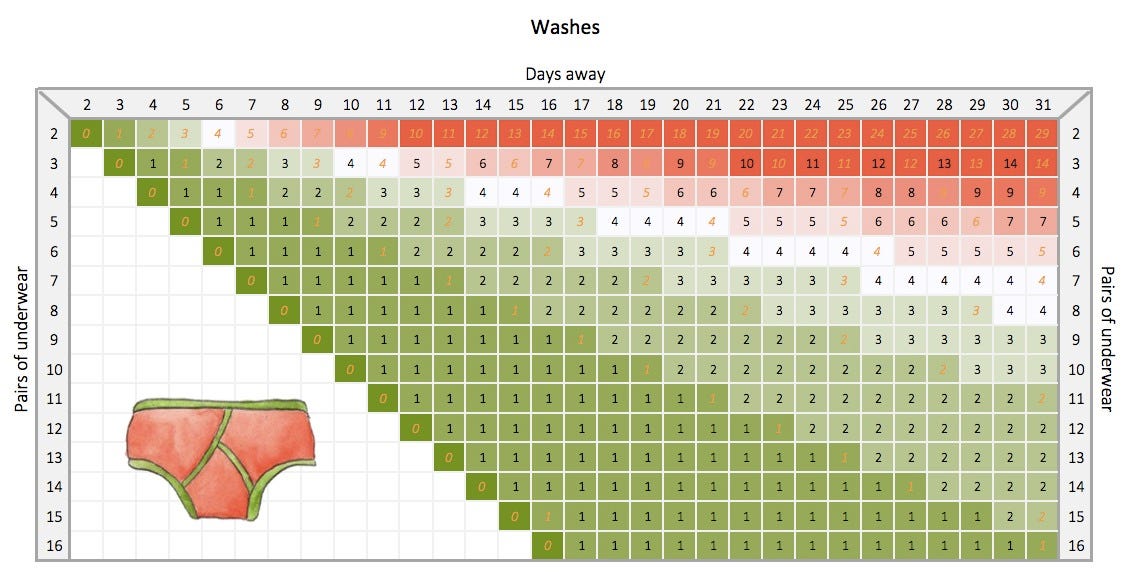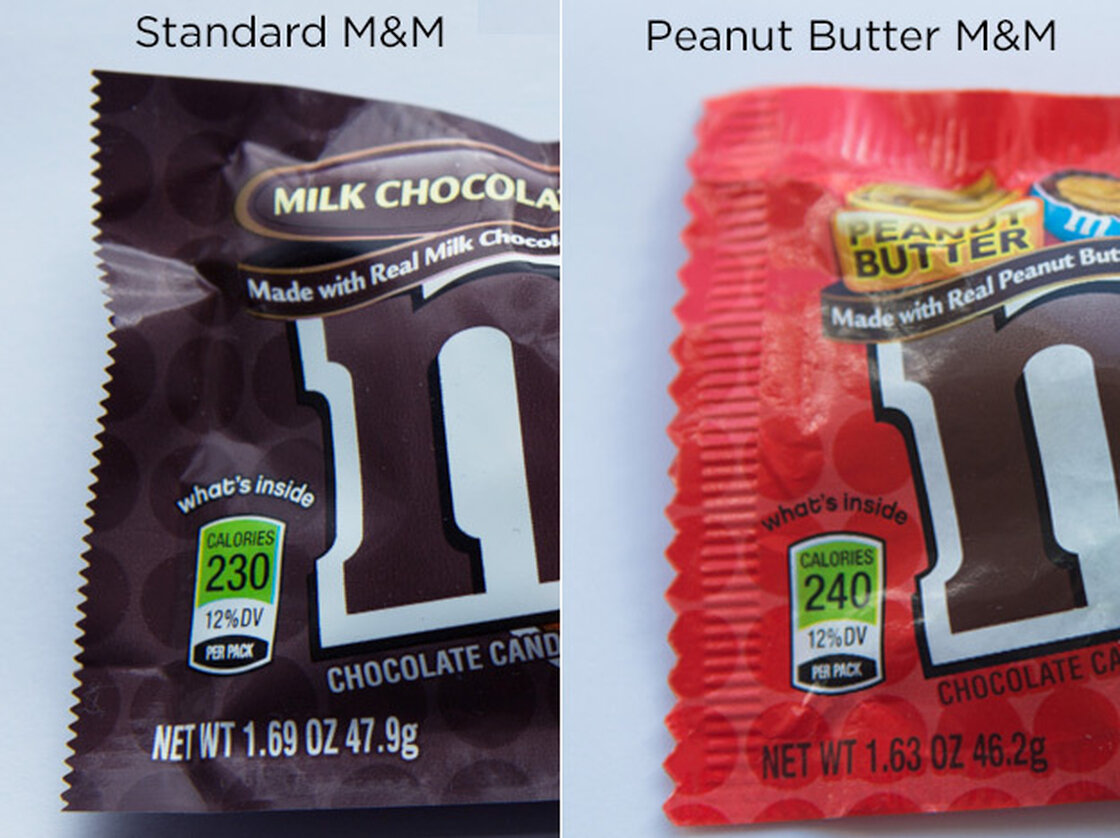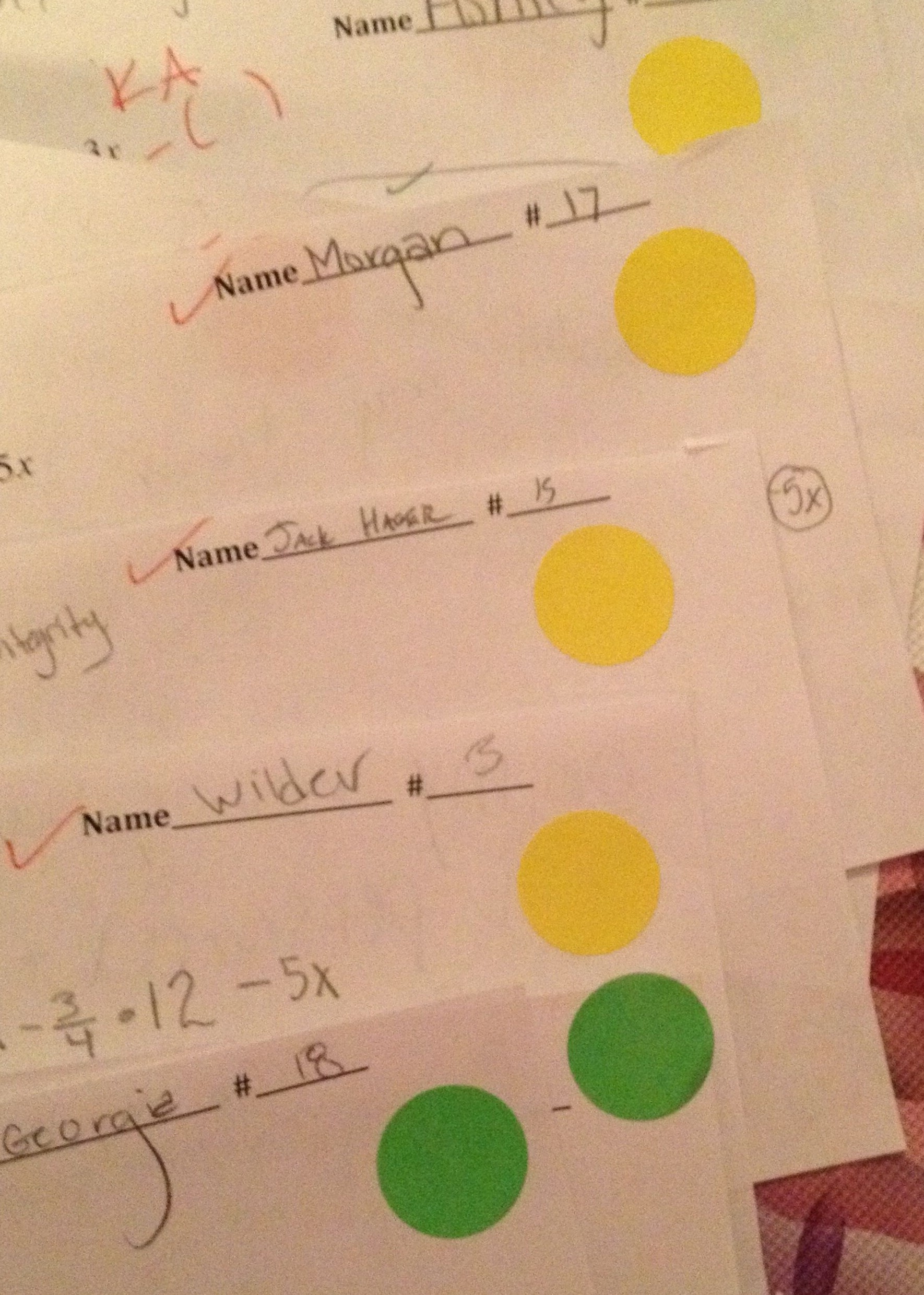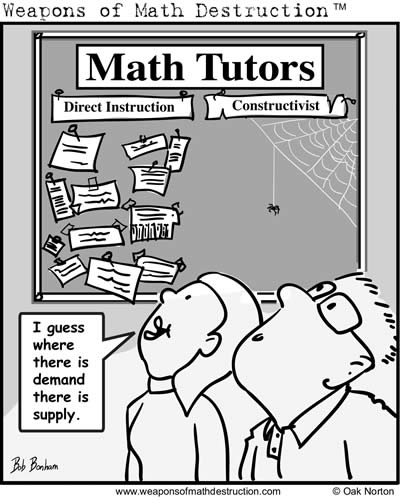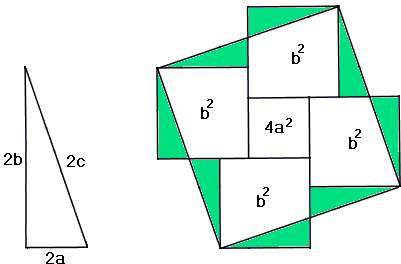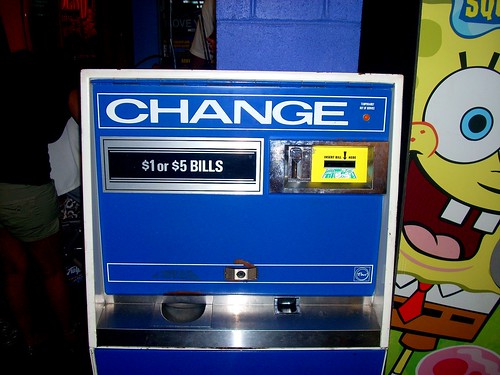 We are trying to add at least one new activity per week to our blog Engaging Math. This week we have added our Data Management Scavenger Hunt. In this activity students are given a set of data (with no titles) and asked to find their matching graph and title. It was actually developed for grade 8 but could be useful in any course with data management
We are trying to add at least one new activity per week to our blog Engaging Math. This week we have added our Data Management Scavenger Hunt. In this activity students are given a set of data (with no titles) and asked to find their matching graph and title. It was actually developed for grade 8 but could be useful in any course with data managementCurriculum Tags: Gr7, Gr8, MBF3C, MAP4C, MDM4U
http://engaging-math.blogspot.ca/2014/10/data-management-scavenger-hunt.html
 This is not a math resource exactly and I haven't tried it out but I am super intrigued. If you would like a set of clickers in your classroom but can't afford anything but some paper print outs (and you have a smart phone) then this might be the app for you. The app is called Plickers and I heard about it first here at I Speak Math. Apparently the way it works is you print out cards for your students and when you ask the questions they hold up their cards. You then scan the room with your phone camera and it reads the room and gives you the data. I will definitely be giving this a try next week.
This is not a math resource exactly and I haven't tried it out but I am super intrigued. If you would like a set of clickers in your classroom but can't afford anything but some paper print outs (and you have a smart phone) then this might be the app for you. The app is called Plickers and I heard about it first here at I Speak Math. Apparently the way it works is you print out cards for your students and when you ask the questions they hold up their cards. You then scan the room with your phone camera and it reads the room and gives you the data. I will definitely be giving this a try next week.Curriculum Tags: All
http://ispeakmath.org/2014/10/04/plickers-aka-can-we-do-this-all-period/
 My son is in grade 10 and just finished working on this unit and I found myself asking the same question as Mary at the Making Math Meaningful blog. What is up with the circle? That is why go to all the trouble of developing the circle formula and not even worry about when the centre is not at (0,0). None the less I like this simple introduction to the circle that uses a review of the length of the line segment and Desmos.
My son is in grade 10 and just finished working on this unit and I found myself asking the same question as Mary at the Making Math Meaningful blog. What is up with the circle? That is why go to all the trouble of developing the circle formula and not even worry about when the centre is not at (0,0). None the less I like this simple introduction to the circle that uses a review of the length of the line segment and Desmos.Curriculum Tags: MPM2D
http://marybourassa.blogspot.ca/2014/09/equations-of-circles.html
I saw this commercial and wondered if they stole it from the math Twitterverse. The first time I saw this was on this video and then Dan Meyer made it into a 3Acts Task. And now it's in a Prudential commercial. Great stuff if you are teaching the idea of exponentials.
Curriculum Tags: MCR3U, MHF4U, MAP4C, MCT4C
https://www.youtube.com/watch?v=xZpjmBGIp44
I was reminded of this clip earlier this week. Sometimes in math all that is necessary is finding the right motivation. This clip from the TV show The Wire takes that to an extreme but the lesson still stands. If you contextualize math for students, they will be more likely to "get it". Note that there is some serious swearing in this clip so it is definitely NSFW.
Curriculum Tags: All
https://www.youtube.com/watch?v=sTsyFY9TESo
TED-ED had compiled all of their math related videos on one page. Try not to spend too much time on hear at once. I think my favourite might be the OK Cupid one. Thanks to @stevenstrogatz for this one.
Curriculum Tags: All
http://ed.ted.com/series/math-in-real-life
This is a classic and now available as an animated gif/jpg.
Curriculum Tags: Gr8, MPM1D, MFM1P
http://cdn.diply.com/img/ff321f2c-b405-45a2-a987-dd747736de37.jpg








